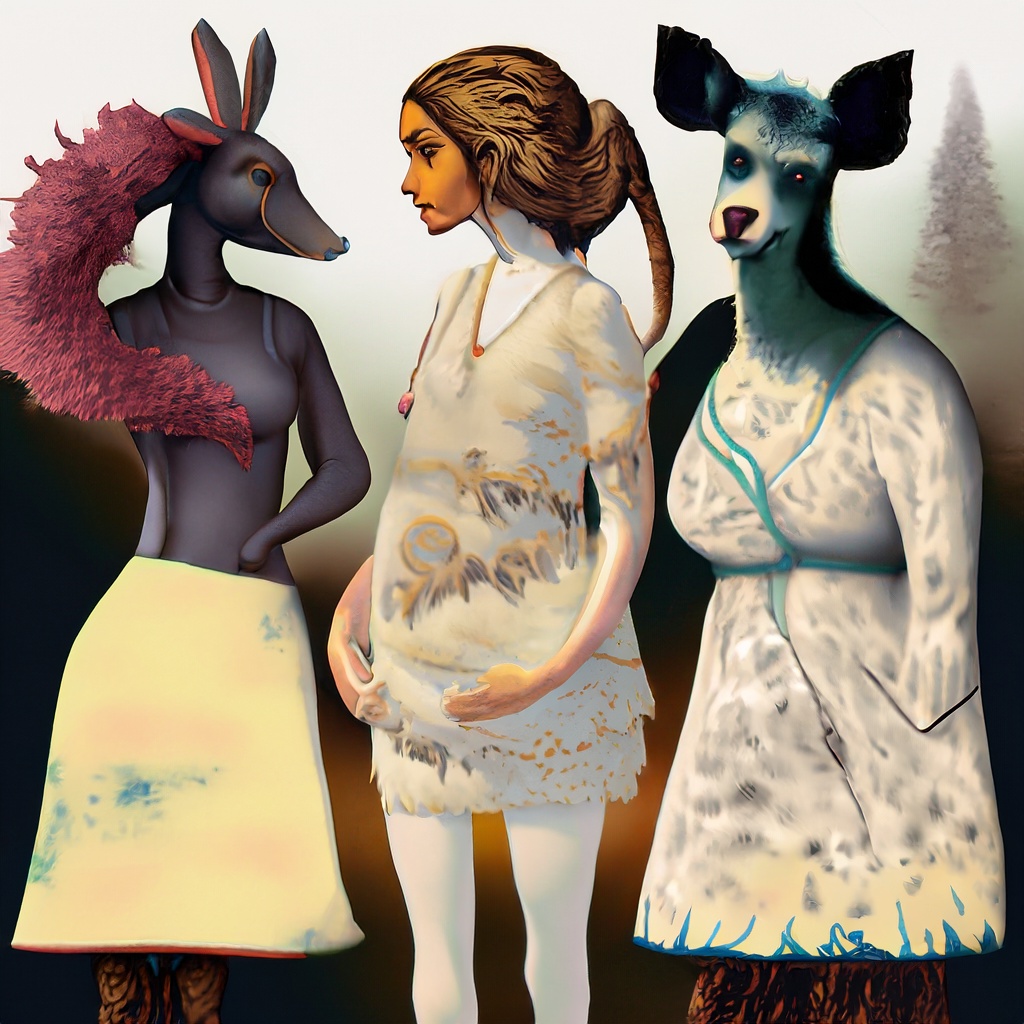
LEARNING OUTCOMES
On successful completion of this course, students will be able to:
- Create and discuss dramaturgically informed narrative content.
- Develop their dramaturgical thinking in collaboration with fellow students.
- Understand fundamental dramaturgical concepts and apply them to their own work in different media.
- Perceive the relationship between the discussed concepts and their possible applications to computational creativity.
Credits: 6
Schedule: 08.09.2023 - 01.12.2023
Teacher in charge (valid for whole curriculum period):
Teacher in charge (applies in this implementation): Matti Niinimäki, Brygger
Contact information for the course (applies in this implementation):
CEFR level (valid for whole curriculum period):
Language of instruction and studies (applies in this implementation):
Teaching language: English. Languages of study attainment: English
CONTENT, ASSESSMENT AND WORKLOAD
Content
valid for whole curriculum period:
This part creative, part analytical course takes as its playful starting point the idea that we don’t fully understand the dramaturgical concepts we use in storytelling until we try to teach them to computers. No programming as such will be done during the course, rather we will explore fundamental contemporary dramaturgical concepts as if we were to start programming them/with them. Through practical exercises, presentations and group discussions, we will ask, how concrete, complex and detailed must our understanding of storytelling be in order for it to be programmable.
The course aims to foster diverse creative practices. Supported core competencies: task-based creation; application of complex concepts to different media; collaboration as method in storytelling and in other creative endeavours.
Assessment Methods and Criteria
valid for whole curriculum period:
Student evaluation will be based on the following criteria:
- Capability of taking part in collaborative and independent exercises.
- Ability to express and develop dramaturgical thinking.
- Ability to grasp and apply dramaturgical concepts to creative work.
- Willingness to share unfinished, in-progress work with peers.
Workload
valid for whole curriculum period:
Participation in peer discussions, completion of written and other tasks, preparation and giving of in-class presentations. Minimum attendance of 80% is required.
6 ECTS ≈ 160h
- Contact teaching: 56 hours
- Independent study: 104 hours (including time to think and process the exercises, presentations and discussion)
DETAILS
Substitutes for Courses
valid for whole curriculum period:
Prerequisites
valid for whole curriculum period:
FURTHER INFORMATION
Further Information
valid for whole curriculum period:
Teaching Language : English
Teaching Period : 2022-2023 Autumn I - II
2023-2024 Autumn I - IIEnrollment :
Minimum amount of participants: 8
Maximum amount of participants varies according to the implementation of the course.Registration for Courses: Sisu.
Priority order to courses is according to the order of priority decided by the Academic committee for School of Arts, Design and Architecture:
https://www.aalto.fi/en/services/registering-to-courses-and-the-order-of-priority-at-aalto-arts
